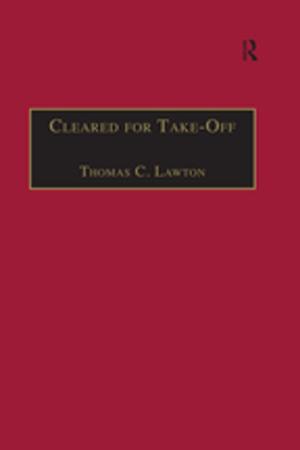The Internal World of the Juvenile Sex Offender
Through a Glass Darkly then Face to Face
Nonfiction, Health & Well Being, Psychology, Mental Health| Author: | Timothy Keogh | ISBN: | 9780429921117 |
| Publisher: | Taylor and Francis | Publication: | March 21, 2018 |
| Imprint: | Routledge | Language: | English |
| Author: | Timothy Keogh |
| ISBN: | 9780429921117 |
| Publisher: | Taylor and Francis |
| Publication: | March 21, 2018 |
| Imprint: | Routledge |
| Language: | English |
The book argues the case for the usefulness of an empirically based understanding of the internal world of juvenile sex offenders as a way of humanely relating to their difficulties. It details the extent and nature of juvenile sex offending and its impact on victims and provides an extensive psychoanalytically oriented description of this offender group. The background of these offenders is examined, focusing on their experience of abuse, especially sexual abuse. Attention is paid to the unique characteristics of these offenders, particularly their attachment difficulties. The value of attachment theory and the concepts of psychopathy and malignant narcissism are then explored as a means of viewing their internal world. This internal world is also viewed through an empirical lens, which reveals them to have impaired psychic representations of human relationship, different needs for relationship and, in the most psychopathic group, an obfuscation of that need. The implications of these findings are then considered and the application of these understandings of their internal world is then explored.
The book argues the case for the usefulness of an empirically based understanding of the internal world of juvenile sex offenders as a way of humanely relating to their difficulties. It details the extent and nature of juvenile sex offending and its impact on victims and provides an extensive psychoanalytically oriented description of this offender group. The background of these offenders is examined, focusing on their experience of abuse, especially sexual abuse. Attention is paid to the unique characteristics of these offenders, particularly their attachment difficulties. The value of attachment theory and the concepts of psychopathy and malignant narcissism are then explored as a means of viewing their internal world. This internal world is also viewed through an empirical lens, which reveals them to have impaired psychic representations of human relationship, different needs for relationship and, in the most psychopathic group, an obfuscation of that need. The implications of these findings are then considered and the application of these understandings of their internal world is then explored.















